learn about mentoring

4‑H Mentors Give Back
4‑H mentors are more than advisors; they are role models, educators, life coaches and friends to the 4‑H youth in their communities. Every 4‑H project and program involves youth collaborating with caring adult mentors where kids are encouraged to explore their interests and receive constructive, positive support.
4-H mentoring spotlight
4‑H expert series: Jim Antal
In celebration of National Mentoring Month and to highlight the work of the National Mentoring Program, we connected with Jim Antal, Associate Administrator of the Youth Development, Prevention, and Safety Division at OJJDP, to get his insights on the importance of mentoring and how youth and families benefit from the program.
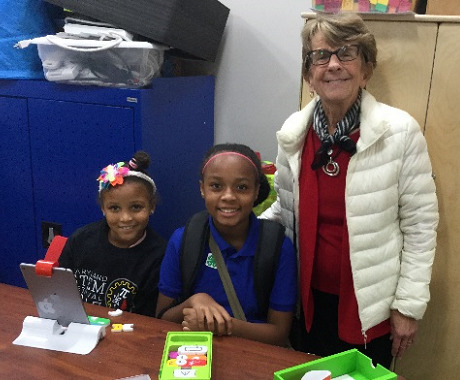
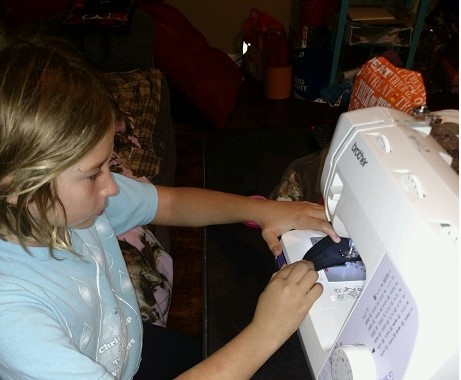
Texas 4‑H
“For my club, my community, my country, and my world.”
For every 4‑H program or club, this final line of the 4‑H Pledge is at the forefront of their learning and experiences. For the 4‑H National Mentoring Program implemented by Texas A&M University Extension, there is an emphasis on “country,” particularly with regards to those how served it.
Baltimore, MD 4‑H
Baltimore Mentors Empower Youth Leaders
In Baltimore, Maryland, young members of the Waverly Star Wars 4 H STEM Club held a community service project in which they held a fun, interactive demonstration and workshop on coding and robotics.
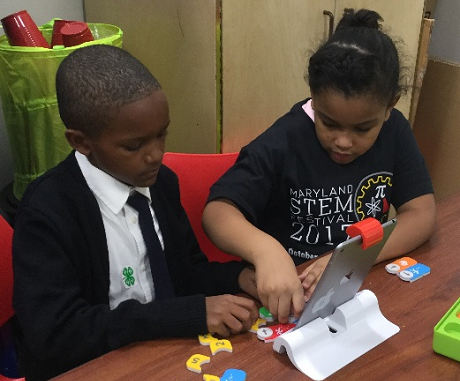
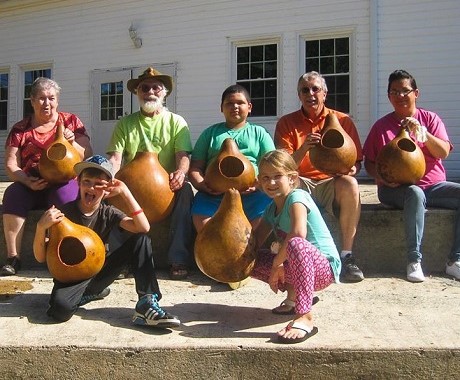
South Carolina 4‑H
South Carolina Puts Family First
University Extension helped young people put family and culture first, where mentors, mentees and their families came together for a Family Night Out event to celebrate “Family Traditions & Rituals".
Virginia 4‑H
Virginia Mentees and Families Serve the Community
When families come together, communities can reap the benefits. That’s what happened when the Danville 4‑H Center in Virginia held a Family Night Out that doubled as a community service project.
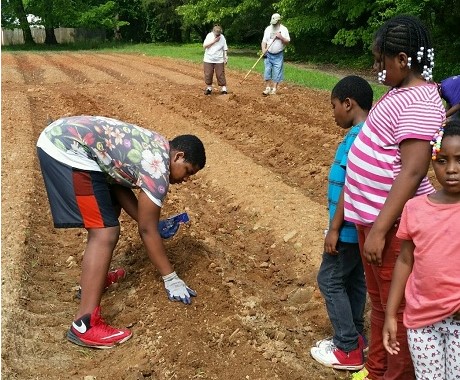
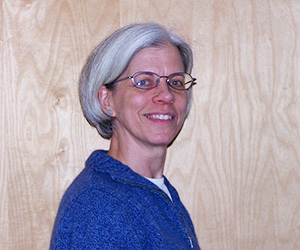
4‑H Tech Wizards
Deborah Fajans
4‑H Today spoke with Deborah Fajans, 4‑H Tech Wizards site coordinator and mentor in Westminster, Vermont, who shared her thoughts on the power of mentoring in the Tech Wizards program.
4-H national mentoring program
For many of America’s youth, 4‑H mentors are so much more than tutors or program leaders — they are hope, they are comfort, they are family. They are the pathway to a promising future.
The Office of Juvenile Justice and Delinquency Prevention (OJJDP) supports the initiatives that assist in the development and maturity of community programs providing mentoring services to high-risk populations under the 4‑H National Mentoring Program. The goal is to reduce juvenile delinquency, drug abuse, truancy, and other problems and high-risk behaviors. The program objective is to provide direct one-on-one mentoring, group mentoring, or peer-mentoring services to underserved youth populations.
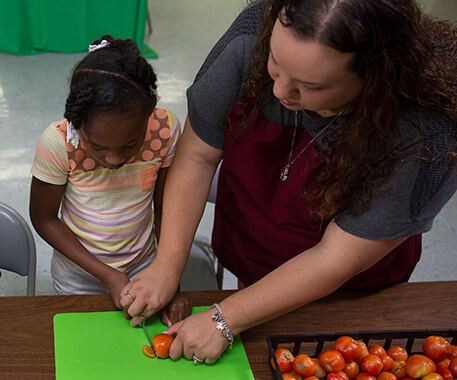
Program background
Working in partnership with the Office of Juvenile Justice and Delinquency Prevention (OJJDP), the 4‑H National Mentoring Program supports the initiatives that assist in the development and maturity of community programs providing mentoring services to high-risk populations. The goal is to reduce juvenile delinquency, drug abuse, truancy, and other problems and high-risk behaviors. The program objective is to provide direct one-on-one mentoring, group mentoring, or peer-mentoring services to under-served youth populations.
The 4‑H National Mentoring Program features replication of three Programs of Distinction, recognized for implementing effective mentoring strategies with goals of improving family relationships, increasing social competencies, increasing school attendance, reducing juvenile delinquency, youth unemployment, and school failure.
Model programs
- 4‑H Mentoring: Youth & Families With Promise (4‑H YFP) from Utah State University
- 4‑H Tech Wizards from Oregon State University
- 4‑H Living Interactive Family Education (4‑H LIFE) from the University of Missouri
Goals
The goals of the 4‑H National Mentoring Program (NMP) are to increase youth social competency, improve family relationships, and increase academic success.
Successful applicants implement, monitor, and assess mentoring strategies. Because structured support is critical for mentoring relationships, best practices necessitate training for the mentor, volunteer screening, matching based in part on youth and volunteer preferences, oversight of the relationship, and data collection to track the relationship and positive outcomes arising from it. Factors critical to implementing effective mentoring programs include significant contact between mentor and mentee and a relationship in which the mentor is perceived as a friend rather than simply an authority figure.
Program sites
Grantees replicate a program at one or more sites around the community, using the selected replication model. Sites must target at-risk or high-risk youth populations ages 8 through 17 years. OJJDP uses the term “at-risk” to denote youth exposed to high levels of risk in their families, homes, communities, and social environments to such a degree that could lead to educational failure, dropping out of school, or involvement in juvenile delinquency, including gang-related offenses. The term “high-risk” is used to designate youth with present or past involvement with the juvenile justice system. This term can also apply to youth with a parent or guardian in the military or who currently reside in Tribal communities.
Disclaimer
The program described here is funded through grants from OJJPD, Office of Justice Programs, U.S. Department of Justice. Neither the U.S. Department of Justice nor any of its components operate, control, are responsible for, or necessarily endorse, this page (including, without limitation, its content, technical infrastructure, and policies, and any services or tools provided).












